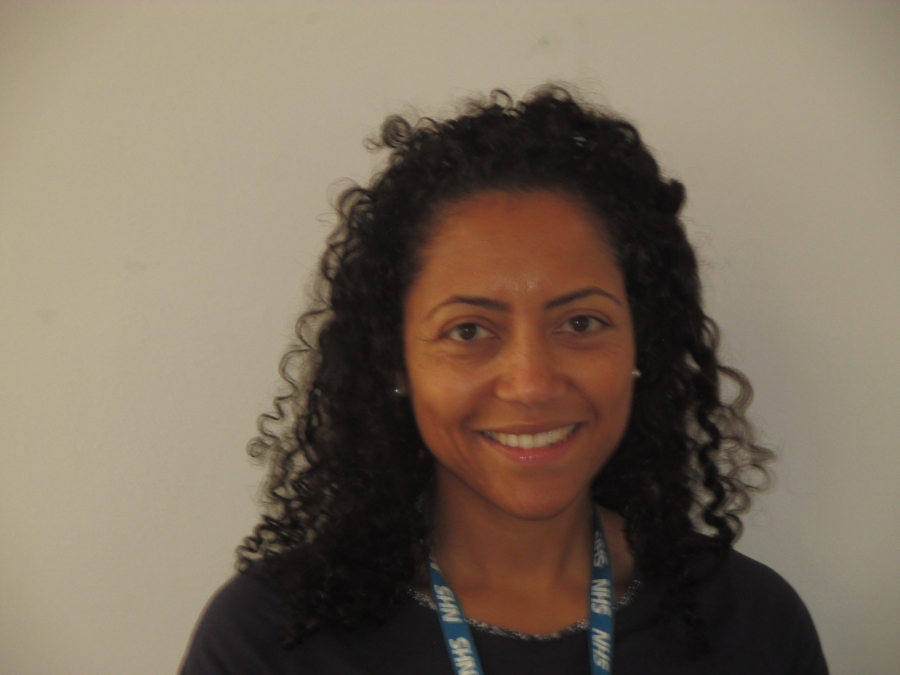I’m Jenny England and I am a Senior Clinical Psychologist in the South Lakes Adult Community Mental Health Team (CMHT) in The Bay.
Can you tell us a bit about the service you work in?
The South Lakes CMHT aims to support the recovery of our service users in the community, enabling them to live as independently as possible. We work with people between the ages of 18-64, who experience severe and/or enduring mental health difficulties. Our CMHT consists of mental health nurses, psychiatrists, support time and recovery workers, occupational therapists, psychologists, and social workers. In brief, we offer multi disciplinary assessment, treatment and care, which can include a range of individual therapeutic interventions, as well as more formal talking therapies, which can be 1 to 1 or group sessions.
What does an average day look like for you as a clinical psychologist?
The Clinical Psychology role in secondary mental health care is never boring. Although elements are the same, (e.g multi disciplinary team meetings, delivering and receiving supervision, individual therapy, group therapy, reflective practice) the client’s aren’t, so you really are always formulating, learning and developing. An important feature of our work is reflective practice, as self-awareness (e.g an understanding of our own thoughts, feelings and experiences) is essential due to the impact it can have on therapeutic outcomes for our clients.
In your experience what impact can clinical psychologists have on delivering high quality healthcare?
Twenty four years ago when I was doing my psychology undergraduate degree and looking into possible careers, clinical psychology sparked my interest because of the client mix and the variety of the work; and since qualifying as a clinical psychologist in 2008 it hasn’t let me down. I still feel just as interested, engaged, and passionate about the work we offer; and the opportunities we have to make a difference to clients and colleagues. I am also incredibly proud to be part of the NHS and value what it stands for.
Clinical psychology as a profession upholds high standards of care and promotes a holistic approach to health and illness, with formulation (i.e. collaborative work with clients to enable them to make sense and meaning of their difficulties and to highlight ways out of their distress) being an essential part of the work, integrating a biopsychosocial approach to offer understanding, objectivity, and to enable empathy and growth towards recovery.
Clinical psychologists have experience with different models of therapy and can offer an integrated approach to care and treatment that is individualised and person-centred. My modes of therapy include CBT for personality disorder, mentalization based treatment (1 to 1 and group therapy), as well as acceptance and commitment therapy, compassion focused therapy and cognitive analytic therapy.
I would say that my work as a clinical psychologist offers clients an invaluable space to understand themselves in the context of some very challenging and painful life experiences. It can be a huge undertaking for clients in therapy to begin to develop a trusting, therapeutic relationship in order to achieve the life they deserve and to thrive independently. Clients will say that therapy can be life changing, that they feel heard and understood in a way they have never experienced before. A client once told me that they were coming to therapy to stop the repeating patterns in their family and that they wanted a different life for their child. Being able to influence this and positively impact the trajectory of someone’s life is an incredible privilege. We are also lucky to be in a position to promote psychological thinking and therapeutic skills within our multi disciplinary teams through offering training, consultation, supervision and research/audit. This is particularly rewarding due to being able to reach the lives of more clients and their carers on a larger scale.

